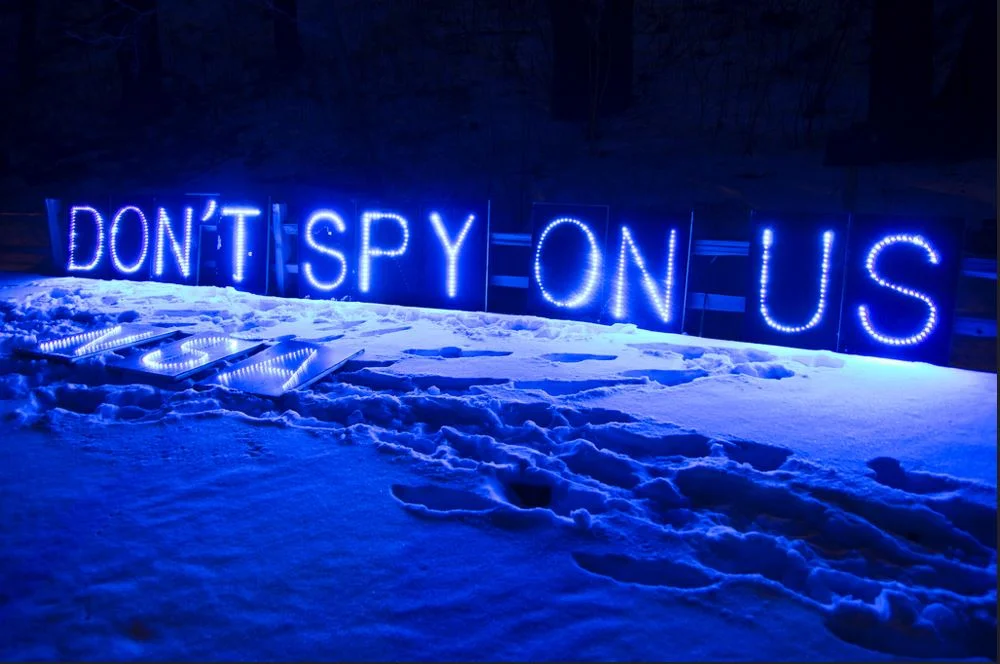By Jerry Mooney
Apple is doing the right thing by not allowing the FBI to break into the San Bernardino killer's phone. If Apple caves, it opens a Pandora’s box that we will eventually wish were sealed. This may seem paranoid, but it is exactly what happened after 9/11. We are reminded of this in the wake of recent events, like the sunset of the Patriot Act, the enacting of the USA Freedom Act, Snowden’s European clemency and Clapper’s declaration that we need transparency in the NSA.
In order for me to understand the importance of the NSA domestic spying scandal, I had to spend hours in heated debates with my closest confidantes. What I grew to understand changed me in a fundamental way. I could no longer rationalize the erosion of rights for security reasons.
Quick background, the NSA was created in 1952, during the Korean War. It wasn’t until 1967 that deceptive practice began, including domestic spying. The tug-of-war continued between the NSA and Congressional checks, including former President Nixon illegally phone calls. In 2001, the Patriot Act was passed as an effort to bypass constitutional hurdles under the auspices of combating terrorism.
There are three main problems with sacrificing our rights in the name of security. First, and least important, is that it doesn’t work. With all of our dragnet and metadata techniques, according to the FBI, our efforts ferreted out and thwarted zero major threats. This is particularly disheartening when we consider that this is the overwhelming justification for standing down in the effort to maintain Constitutional protections.
Secondly, we must remove momentary utility from the question. It is critical that we understand that rights are a continuum. When we try and turn them on and off, we can easily find ourselves in a vulnerable place in time. Prohibition made criminals out of millions of Americans for example.
Additionally, rights are sticky backwards. It’s hard to get them and when they are removed, it’s hard to get them back. The way humans have expanded the acknowledgement of their rights has been through struggle, so when a right is recognized it must also be preserved.
Thirdly, rights are collective. They are our rights, not my rights. By design, we get equal protection under the law. So not having, “something to hide” is not a justification for forfeiting everyone’s right to privacy.
For example, I have very little need, at the moment, for the right to a speedy trial or protection against excessive punishment. It would only take the compilation of certain aspects of my life, rearranged out of order and context to change that, though. Times change and so do circumstances, and that is why it is important to protect rights in the heat of crisis.
Additionally, the right to privacy isn’t merely to protect your ability to operate clandestinely as you violate the laws of the land. The right to privacy protects our deeply personal information like medical records, emails, texts, travel and purchase. Any and all of this information can be exploited and abused if accessed for no specific reason. Cardinal Richelieu warned that, "Give me six lines written by an honest man, and I will find something in it with which to hang him.”
All you need to do to test if you value privacy is ask yourself if you’ve ever whispered or asked to speak to someone privately. If yes, then you value privacy.

